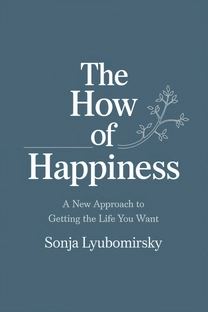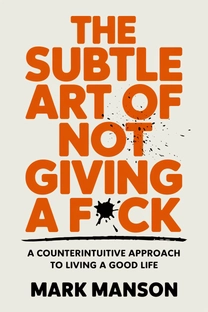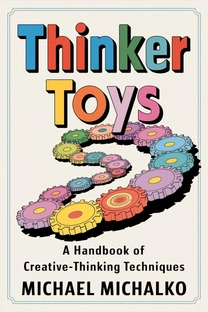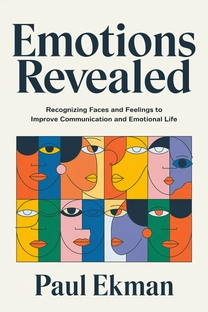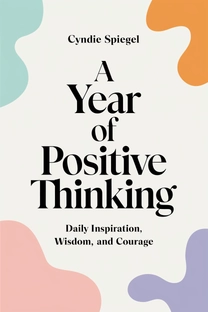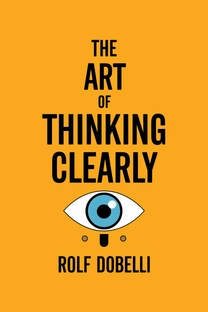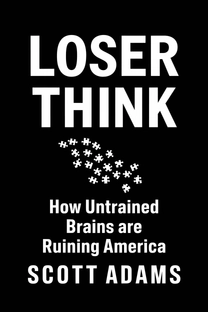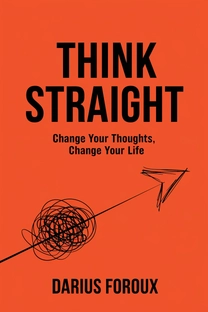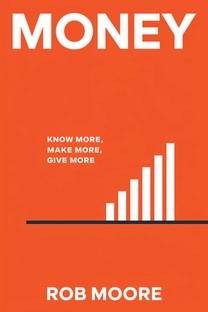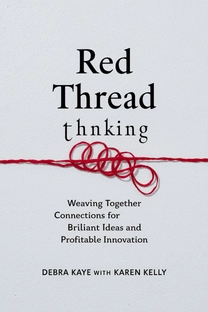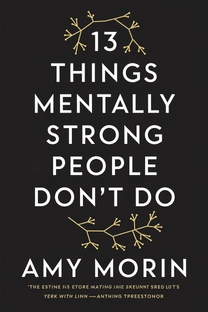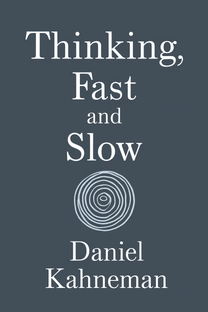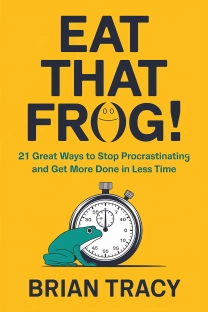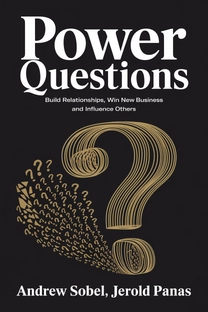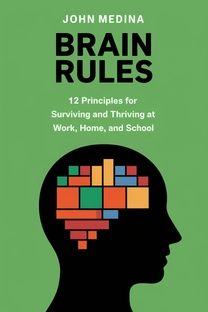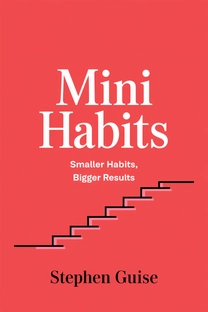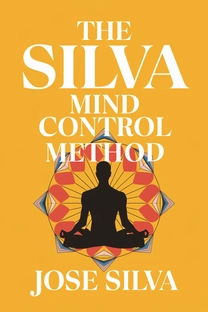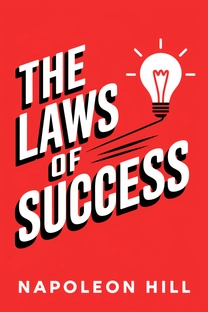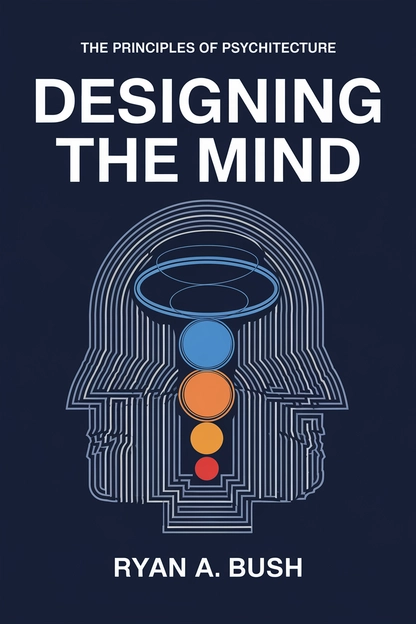
Designing the Mind
The Principles of Psychitecture
by Ryan A Bush
Brief overview
This book examines how we can take control of our thoughts, emotions, and habits through a concept it calls psychitecture. By exploring ancient philosophy, modern psychology, and neuroscience, it offers insights for altering our internal “software” and achieving greater self-mastery. Readers will discover practical methods to build resilience, refine their goals, and design minds capable of thriving in today’s challenging world.
Introduction
Have you ever wondered why certain habits seem impossible to break, or why negative thoughts sometimes overpower you? This summary introduces a powerful idea: you can actively redesign your mind just as you might reorganize a cluttered room. The focus is on reshaping your mental framework so you can handle life with greater clarity and composure.
Throughout history, philosophers and psychologists have hinted that we can train ourselves to respond calmly under pressure and choose goals that bring genuine fulfillment. This book takes those hints and welds them into a concrete practice. Called “psychitecture,” it shows how to methodically upgrade our mental processes and attitudes.
Rather than accepting cultural narratives about success at face value, you’ll learn to determine whether those priorities truly serve you. By stepping back and questioning, you’ll gain a fresh perspective on your life’s trajectory. No more blind pursuit of external mileposts—instead, you’ll choose purposefully.
Think of this process as a journey. You’ll peel back layers of mental shortcuts and anxieties, gradually replacing them with more constructive tools. If you’re tired of letting self-doubt or outdated beliefs steer you, then you’re in the right place.
The Idea of Psychitecture
The core premise is that our minds are not static: they’re pliable, continuously shaped by habits, experiences, and deliberate practice. Psychitecture means intentionally rewiring these internal functions until they align with our highest ideals, rather than leaving them to chance.
Unlike brute-force attempts at positive thinking, psychitecture uses systematic processes. You become aware of each mental “algorithm”—like negative self-talk or knee-jerk anger—and replace it with responses more conducive to growth. It’s a continuous, experimental approach rather than a quick fix.
At first, this might feel like learning a complex instrument. You’ll face discomfort when you confront ingrained habits. Yet as you practice, you’ll discover it’s possible to sculpt stronger emotional reactions and more effective thinking patterns, just as a musician masters chords.
When you treat your mind as something you can design, you shift from a passive passenger to a creative force. You no longer just react to life’s highs and lows; you shape how those events impact you at a fundamental level.
What is Designing the Mind about?
"Designing the Mind: The Principles of Psychitecture" by Ryan A Bush offers readers an insightful exploration into the art of controlling one's mental framework through a practice the author calls 'psychitecture.' Drawing on a fusion of ancient philosophy, modern psychology, and cutting-edge neuroscience, Bush presents a compelling case for taking ownership of the internal mechanisms that drive our thoughts, emotions, and behaviors. This book stands out for its practical approach, offering clear methods to nurture resilience, refine personal goals, and craft a life aligned with intrinsic values.
This transformative guide empowers readers to resolve entrenched biases, regulate emotional responses, and sculpt healthy habits using tangible exercises. Bush's psychitecture challenges the notion of a mind at the mercy of external circumstances. Instead, he proposes that by understanding and reconfiguring our mental "software," we can attain a higher level of clarity and effectiveness in navigating life's complexities. As the digital world presents new challenges, mastering our inner world becomes increasingly crucial. "Designing the Mind" is a blueprint for realizing this mastery, making it an indispensable resource for anyone yearning for profound personal development and self-awareness.
Review of Designing the Mind
As a meticulously crafted exploration of self-evolution, "Designing the Mind: The Principles of Psychitecture" offers readers a roadmap to redesigning their mental and emotional lives. For those tired of reactive living, this book stands as a beacon for proactive transformation. Ryan A Bush draws strength from interdisciplinary fields, meshing age-old wisdom with scientific principles to present psychitecture—a strategy to rewire one's mind deliberately and systematically.
This book's key strengths lie in its practicality and accessibility. Each chapter unfolds a new layer of self-discovery, teaching readers how to uproot biases, modulate emotions, and fortify self-discipline. Bush's fluid narrative style makes complex psychological concepts easily digestible without diluting their significance, ensuring that anyone from laypersons to seasoned professionals can find value. The exercises scattered throughout encourage active engagement, making this not just a book but a personal growth toolkit.
"Designing the Mind" is undoubtedly for those willing to embark on a journey of introspection. It offers poignant insights for individuals dedicated to personal growth, mindfulness practitioners, and those seeking enhanced cognitive tools for professional excellence. Whether you are facing life's curveballs or striving to achieve long-term goals, this book propels you towards a path of self-mastery and fulfillment—highly recommended for learners, thinkers, and doers alike.
Who should read Designing the Mind?
- Aspiring Leaders: Professionals who seek to harness strategic thinking and emotional intelligence in leadership roles will benefit significantly from the cognitive and emotional training tools provided in this book.
- Mindfulness Practitioners: Those on a journey of self-awareness and mindfulness will find valuable exercises to deepen their practice and refine their internal dialogues.
- Mental Health Enthusiasts: Individuals interested in understanding psychological frameworks and applying them for personal growth will appreciate the empirical and philosophical insights shared.
- Students Major in Psychology: This book can serve as supplemental reading for students pursuing psychology or related fields, offering a practical application of theoretical concepts.
- Personal Development Seekers: Anyone on a path of self-improvement and looking to cultivate a robust mindset will find practical techniques to support ongoing growth.
About the author
Book summaries like Designing the Mind
Why readers love Mindleap
10-Minute Book Insights
Get the core ideas from the world's best books in just 10 minutes of reading or listening.
Curated For You
Discover your next favorite book with personalized recommendations based on your interests.
AI Book ExpertNew
Chat with our AI to help find the best book for you and your goals.
Reviews of MindLeap
Love how I can get the key ideas from books in just 15 minutes! Perfect for my busy schedule and helps me decide which books to read in full.
Alex R.
The summaries are incredibly well-written and the audio feature is perfect for my commute. Such a time-saver!
Jessica M.
Great app for personal growth. The insights are clear and actionable, and I love how they capture the essence of each book.
Chris P.
The app is beautifully designed and the summaries are top-notch. Definitely worth every penny!
Sarah K.






